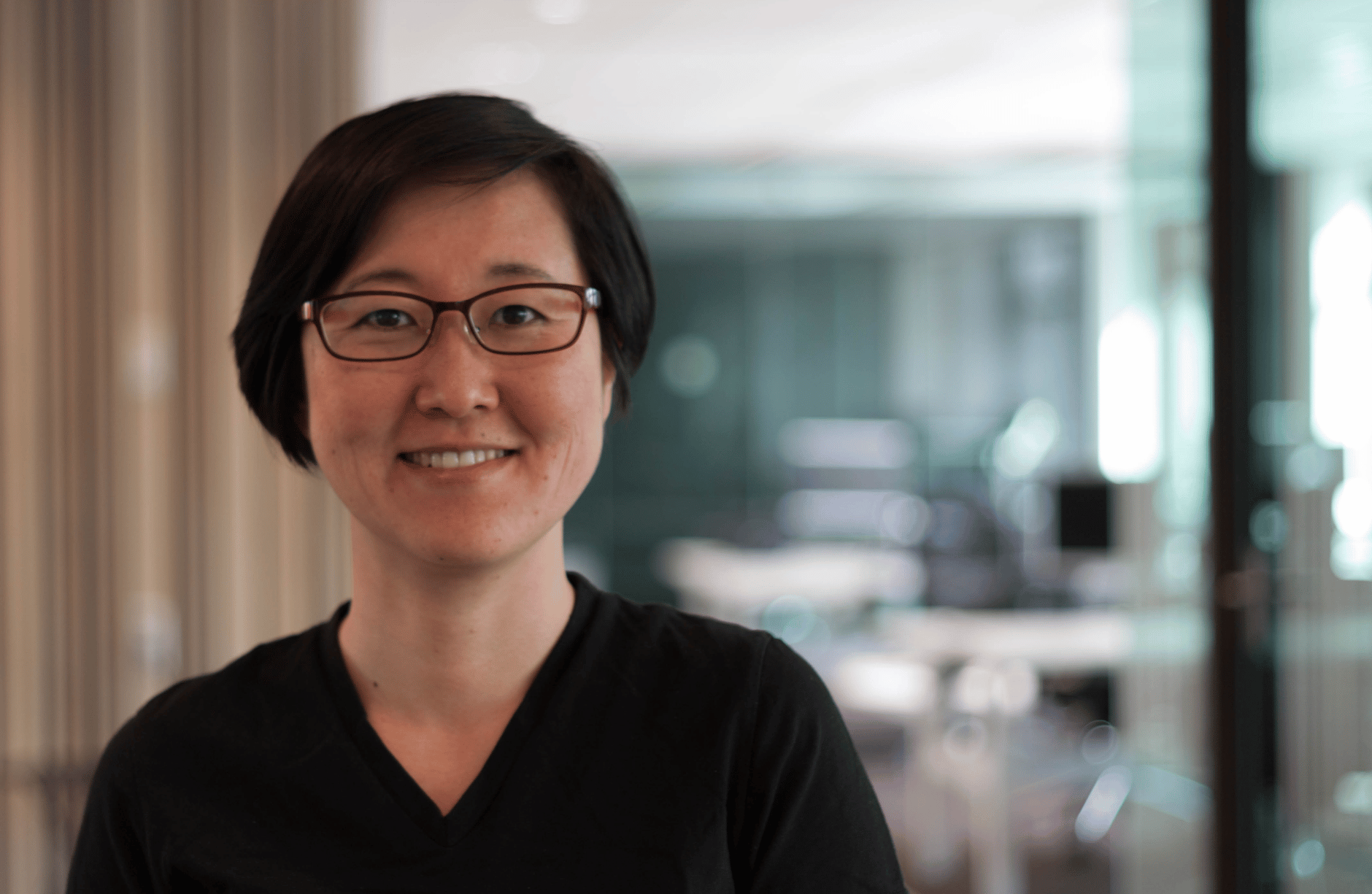Visibility Is Critical – You Can’t Be What You Can’t See – Yuli Kim

To mark PRIDE month, we’re sharing the stories of inspirational business school students and alumni around the world who are using their business school experiences to make the world a more inclusive, place.
Visibility, says Yuli Kim, is absolutely critical. After all, you can’t be what you can’t see. Yuli is the founder of Inclusion Sensei, a workplace inclusion service which holds a passionate commitment to advancing diversity, inclusion and belonging in organisations close to its heart. The service analyses company policy, workplace climate and culture, and managerial attitude to enable organisations to devise and get the best out of their DEI initiatives. The end goal is to create workplaces which are accepting, open and free of bias, enabling every employee to feel they belong.
As an Asian lesbian professional working in Amsterdam, Yuli has both witnessed and experienced non-inclusive workplace environments both in Japan and in the Netherlands, believes that a sense of belonging is a prerequisite for anyone to perform their best at work. This belief is also actioned through her work as a Director of Programme Development with Workplace Pride – a not for profit foundation dedicated to improving the lives of Lesbian, Gay, Bisexual, Transgender, Intersex and Queer (LGBTIQ+) people in workplaces worldwide.
Yuli gained her BA in Law from Gakushuin University and her MBA from the Rotterdam School of Management Erasmus University in 2020.
Could you tell us a bit about your business and what it does?
Everybody should feel safe at wok, but not everybody feels safe at work. Workplace inclusion matters because it impact’s people’s performance. My goal is to help organisations navigate their DE&I journey by providing concrete advice on how to get where they aspire to be. The service range from providing analysis on their HR data to assessing workplace culture by conducting stakeholder interviews.
“Visibility is so critical. It’s not easy to become what you don’t see.”
What has your experience been of launching a business as an LGBTQ+ founder?
Overall positive. I never felt my sexual orientation was an issue for people evaluate my work.
How did your business education help you launch this business?
It helped me to assess opportunities, risks and other factors to make my business successful.
Have you experienced any unique challenges from being an LGBTQ+ entrepreneur?

People tend to put such emphasis on sexual orientation but what matters more is my intersectionality. I make sure explain my sexual orientation is not the only attribute what makes me unique but other attributes also contribute to who I am today.
How important is it to get more LGBTQ+ people into executive roles, and how can we do so?
Visibility is so critical. It’s not easy to become what you don’t see. There are several ways to tackle this challenge. The post important thing as a community is stay visible and keep addressing the power of diversity, equity and inclusion.
Interested in this series? you might also like this…
